Florida families who suffer serious injuries caused by state government left with unpaid claims, roadblocks
Unpaid claims from injuries caused by state government
FOX 13 chief investigator Craig Patrick examines the hurdles Florida families face in getting Florida’s government to fully compensate them for injury-related judgments and settlements.
TAMPA, Fla. - Families across Florida are suffering from serious injuries caused by our own government. And while some victims won judgments or agreed to legal settlements to help them recover, some are not getting most of the money under the terms of their judgments and settlements.
The case of Mark LaGatta illustrates the hurdles and challenges in getting Florida's government to pay full compensation.
In July 2020, Mark and his daughter Faith took his motorcycle to Cedar Key for a Daddy-daughter date. On their ride home, a state-owned tractor with a box blade jolted from the grass into the road just as they were driving through, causing a serious crash.
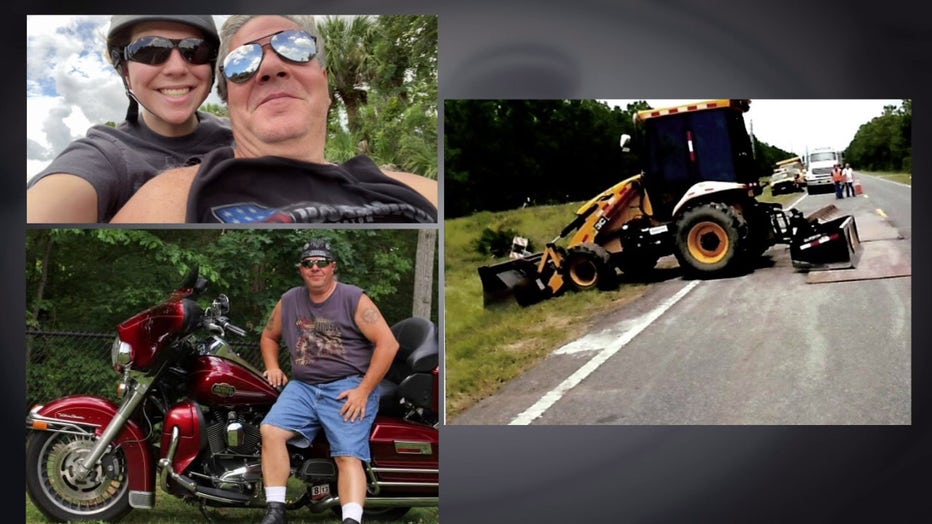
READ: Florida played a critical role in the passage of the Civil Rights Act 60 years ago
"She FaceTimed me from the ambulance," said Faith’s mother and Mark’s wife, Margo LaGatta. "So, I knew she was okay, but she didn’t know about him, and she said she was covered in blood, and it was coming from her dad."
Thankfully, Mark LaGatta survived, but he spent 18 days in a coma. He endured pneumonia, failing kidneys, and had to go through seven surgeries, and on the seventh, they amputated his leg to save his life.
Mark was an Army veteran who served in Germany and maintained air conditioners for our troops in Iraq. That experience launched his career as a maintenance engineer – which ended with the loss of his leg.
MORE: Civil rights activists reunite in St. Augustine 60 years after staged protests
"Financially, we took a big hit," Mark said. "I paid my taxes. I did what I’m supposed to do, and I wind up like this, and I can't get any help. It’s not right."
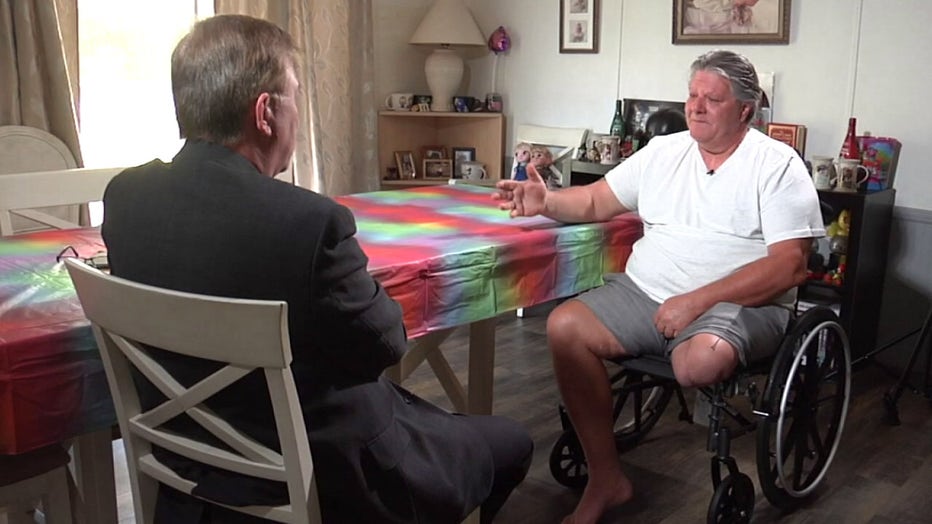
The state is at fault and responsible for the crash. That's not in dispute.
The LaGatta's agreed to a court settlement from the state of $2.5 million, but like others who settle or win judgments from our government, the state has not paid and many never pay most of that money.
READ: UF and the search for dark matter
In suing the government in Florida, it doesn't matter how much you may win or agree to in court. Our state government caps payments for people they wrongly imprison, injure or kill at $300,000 per event. Florida paid $300,000, split between Mark, Margo and Faith (who broke her leg in two places in the crash).
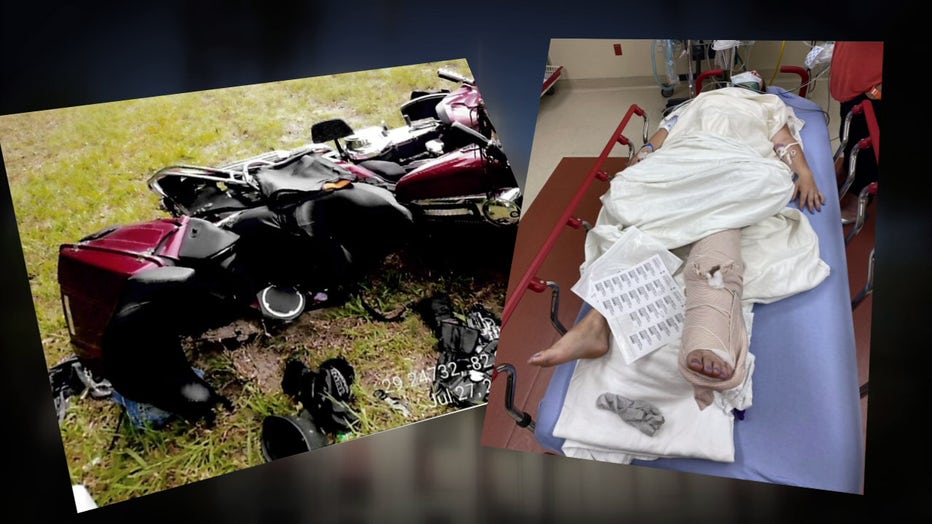
After the first round of medical bills, Mark said that left him with $58,000, and he noted he still owes more than $150,000 to Medicaid in remaining medical bills for his treatment. He said this and other related expenses leave him around $100,000 in debt to the state for injuries caused by the state.
Meanwhile, the remaining $2.2 million the state agreed to pay in court (the $2.5 million settlement minus $300,000 paid) means nothing unless state lawmakers pass what's called a general claims bill.
MORE: UF physicists join global collaboration to track gravitational waves in space
Sarasota Republican State Representative Fiona McFarland noted claims bills do not pass easily. They tend to stall as they snake through committees.
"It breaks everyone’s heart, because these are terrible sad cases, and I would see them not get paid out," McFarland said. "The government has been found to be negligent, found to be guilty, a jury has already decided, or they settled, and we put up these roadblocks to make it very difficult for people to get compensation in those cases."
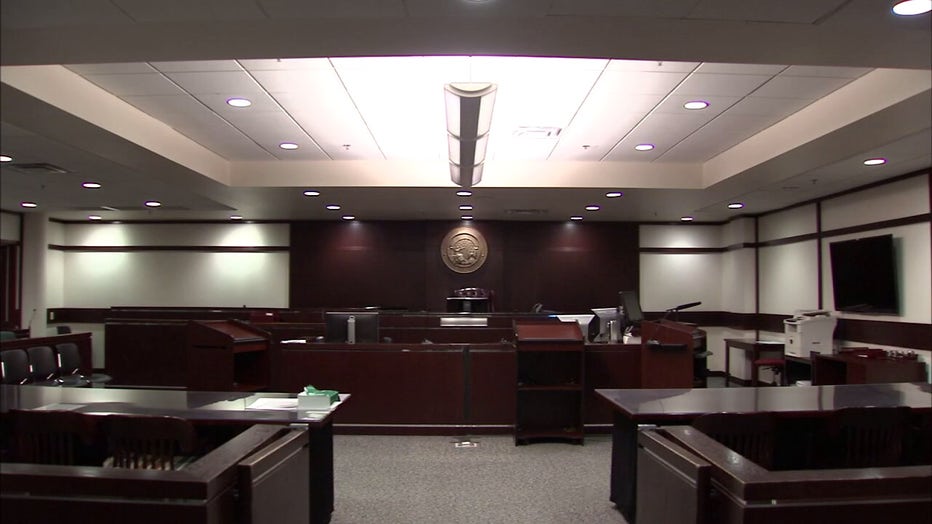
To recover financial compensation, victims first have to take the government to court, and settle or win a judgment. Then, if it's more than the cap, they can take their fight to the capitol where lawmakers often have their minds on other things.
READ: FSU, UF partner to host the largest, highest-powered magnet lab in the world
"We’re legislative. We’re not used to hearing cases of wrongdoing and having to make a decision of whether a person or family is due a certain amount of money," McFarland noted. "That’s not our role in government."
Victims seeking full compensation often hire a lobbyist, who tries to line up a house sponsor and a senate sponsor. If they clear those hurdles, a claims bill still needs to advance through around five committees, pass full chamber votes in the Florida House and Florida Senate, and the governor must sign them before they can go into effect.
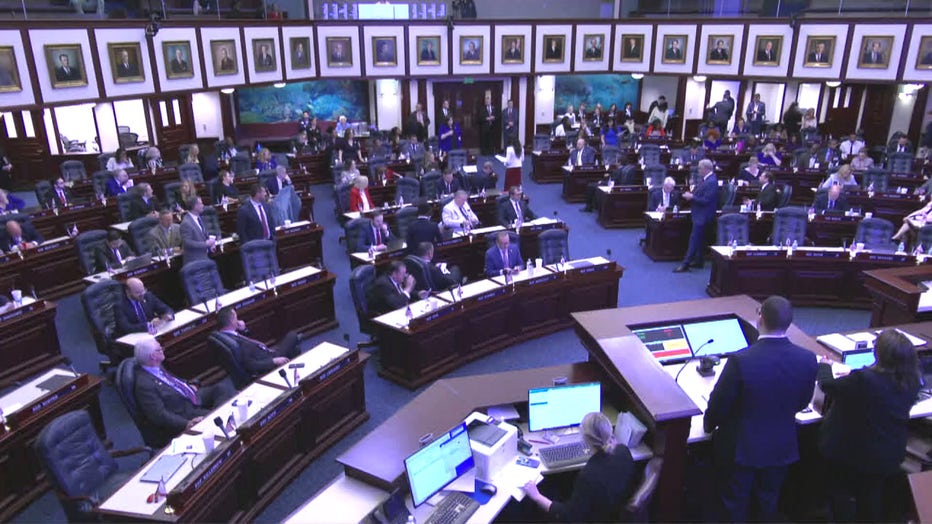
"No, it doesn't seem fair. There’s a lot about government that doesn’t seem fair, right? It takes 5-10-15 years," McFarland said.
MORE: UCF develops fadeproof paint
In prior years, different lawmakers have tried to lift or expand the cap. In 2024, Representative McFarland sponsored a bill to double the cap.
"We got so close to passing the bill this session. We made it almost to a full house vote and full senate chamber vote and had wide support on each side," she said.
McFarland said she will try again next year to pass reforms, as Mark LaGatta will try again to get his claims bill passed.
WATCH FOX 13 NEWS:
SIGN UP: Click here to sign up for the FOX 13 daily newsletter

